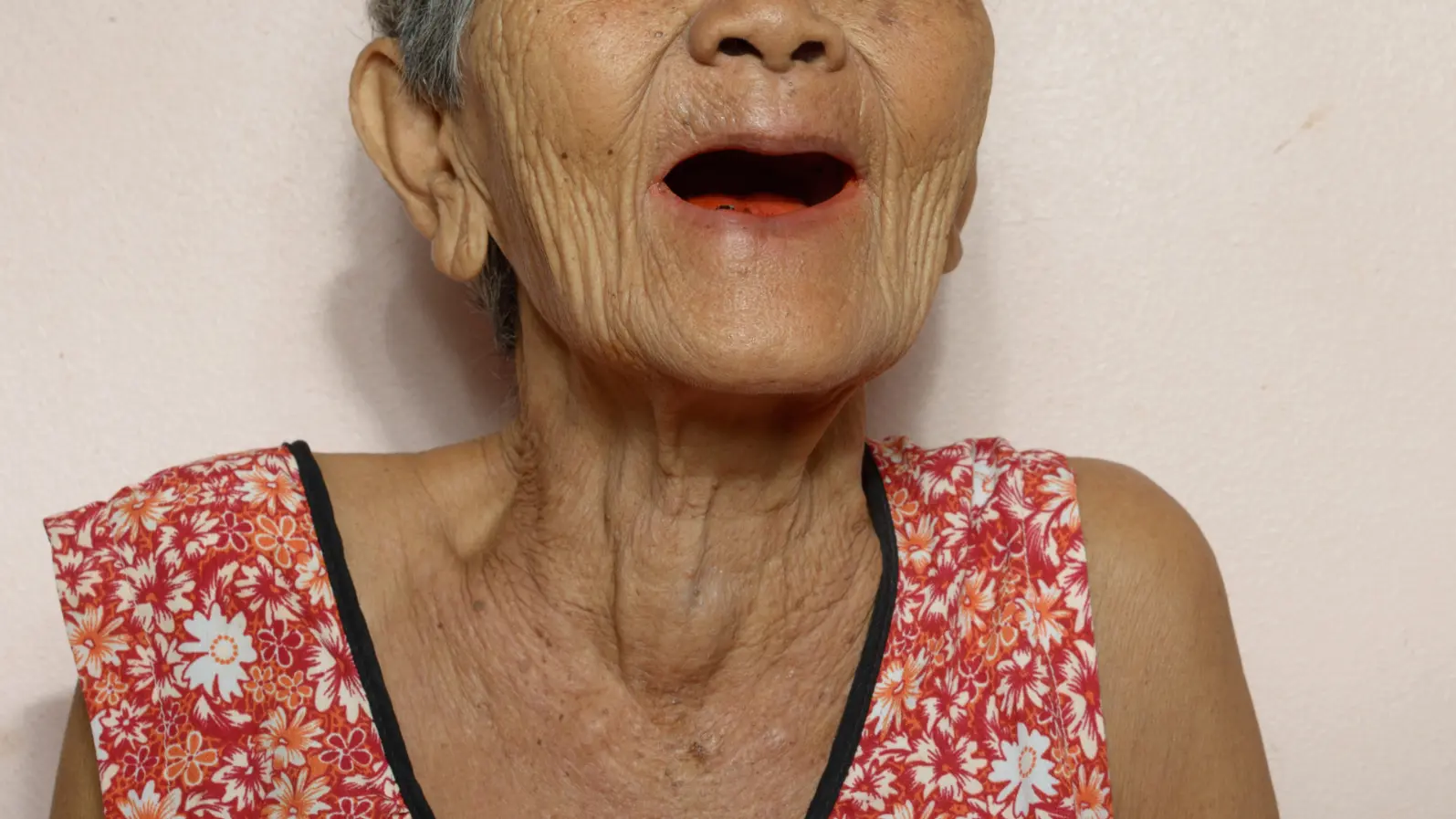
Losing Teeth, Losing Nutrition? New Study Links Denture Use to Undernutrition Risk
Digital health records reveal subtle nutritional shifts in denture wearers
Wearing dentures may help people smile and chew again — but new research suggests it could also be quietly linked to changes in nutrition.
A large-scale study published in the Journal of Prosthodontics (2022) found that individuals who wore dentures showed small but significant declines in key nutritional biomarkers, hinting at a potential risk of undernutrition.
From tooth loss to total health: why nutrition matters
Tooth loss is more than a cosmetic issue. For millions of older adults, it can make chewing difficult, limit food choices, and affect overall health. Even though modern dentures restore function and appearance, their impact on long-term nutrition has remained unclear.
Previous studies have suggested that people who lose their natural teeth may consume fewer fruits, vegetables, and proteins, but most of those studies relied on self-reported diets or small clinical samples. To overcome these limitations, researchers from Indiana University School of Dentistry and Regenstrief Institute turned to electronic dental and medical records to analyze thousands of real-world patients.
What the researchers did
Led by Dr. Grace Gomez Felix and colleagues, the team conducted a retrospective cohort study using data from more than 10,000 patients collected between 2010 and 2018. They compared 3,519 denture wearers — including those with full, partial, or implant-supported dentures — to 6,962 matched individuals who did not wear dentures.
By linking electronic dental records (EDR) with electronic health records (EHR), the researchers could track laboratory test results for each patient, focusing on biomarkers that reflect nutritional health such as serum albumin, calcium, hemoglobin, and creatinine levels.
This approach allowed them to detect subtle biological changes before and after denture treatment — something earlier studies could not capture.
Key findings: small drops, big implications
Across the study population, denture wearers showed measurable decreases in certain nutritional markers:
Serum albumin, a protein that indicates general nutritional status, dropped significantly after patients began wearing dentures.
Serum calcium and creatinine levels also declined over time.
Compared to the control group, denture wearers had lower levels of albumin, calcium, and total protein, while the controls tended to show stable or improved levels.
These differences were modest but consistent. The researchers interpreted them as potential signs of early undernutrition, possibly linked to changes in diet or chewing efficiency after tooth loss.
Interestingly, hemoglobin levels — an indicator of anemia — remained steady among denture wearers but rose among people without dentures, further widening the nutritional gap.
A digital window into real-world dental health
This study is among the first to use linked dental and medical electronic records to assess nutrition in such a large and diverse population.
Unlike traditional clinical trials, which often exclude older adults with chronic conditions, this data-driven approach reflects real-world patients seen in dental clinics and hospitals.
The findings underscore how oral health is deeply connected to overall health — and how routine dental data can reveal broader patterns of wellbeing.
What does it mean for patients and dentists?
While dentures restore basic chewing function, they may not fully compensate for natural teeth when it comes to diet variety and nutrient intake.
The authors suggest that nutritional counseling should become part of prosthodontic care, helping denture wearers maintain balanced diets and prevent malnutrition.
As the aging population grows, understanding these links could inform both dental practice and public health policy.
“Nutritional biomarker variations among denture wearers suggest a risk for undernutrition,” the authors conclude, “and highlight the potential for using lab-based biomarkers to monitor patient health.”
Reference
Gomez, G. F., Cho, S. D., Varghese, R., Rajendran, D., Eckert, G. J., et al. (2022).
Nutritional Assessment of Denture Wearers Using Matched Electronic Dental‐Health Record Data.
Journal of Prosthodontics, 31(7), e53–e65.
DOI: 10.1111/jopr.13505